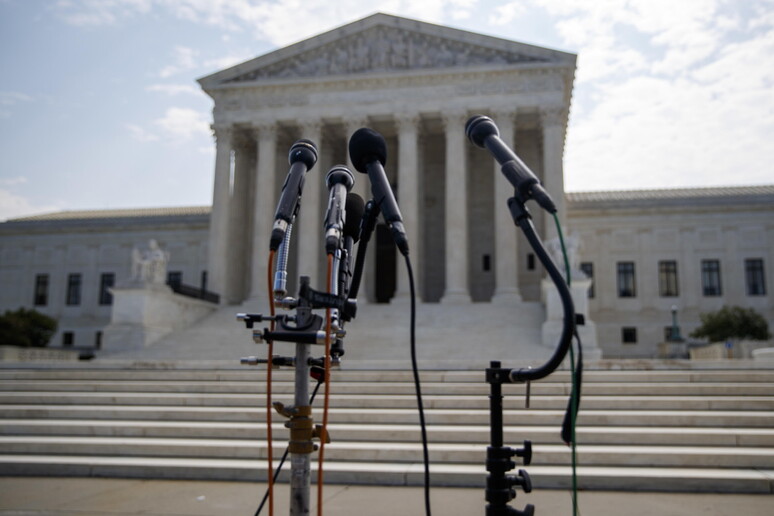The Associated Press AP has filed a lawsuit against three senior officials of the Trump administration after being denied access to presidential events. The case, filed in the U.S. District Court in Washington D.C., represents a significant clash between the right to freedom of the press and government control over public narratives.
According to AP, the White House’s decision to exclude its journalists is a clear violation of the First Amendment of the Constitution, which guarantees freedom of expression. The editorial staff stated that in the United States, everyone has the right to choose their words without fearing retaliation from the government. The lawsuit cites White House Chief of Staff Susan Wiles, Deputy Chief Taylor Budowich, and Press Secretary Karoline Leavitt.
The new administration has promptly defended its decision, arguing that AP deliberately ignored President Trump’s renaming of the Gulf of Mexico to “Gulf of America” through an executive order. The GOP leader himself reiterated his position, stating that AP journalists can reapply only when they agree to use the new definition.
AP’s exclusion has sparked a wave of protests in the information sector. About 40 journalistic organizations, including Fox News and Newsmax, traditionally aligned with Republican policies, have signed a joint letter urging the White House to reverse the measure.
Meanwhile, AP has attempted to engage in dialogue with officials. Vice President and Executive Editor Julie Pace even traveled to Florida to discuss the matter with Susan Wiles, but without success. According to the news agency, the real objective is to exercise specific control over the editorial staff and its reporters who use stylebooks, a writing and editing manual with guidelines on sensitive topics like immigration and transgender issues, widely used by academics and students. The White House has also sought to influence the agency’s editorial decisions, accusing it of pushing a divisive and partisan agenda.
This legal battle goes beyond denied access to presidential briefings; it addresses the crucial issue of operating without political interference. The case could set a significant precedent. If the court rules in favor of the Associated Press, it could limit political pressures on newsrooms. Conversely, an unfavorable ruling would provide the government with a powerful tool to interfere with public narrative.
In 2024, press freedom in the country suffered a significant decline. According to Reporters Without Borders RSF, the United States dropped ten positions, ranking 55th.












